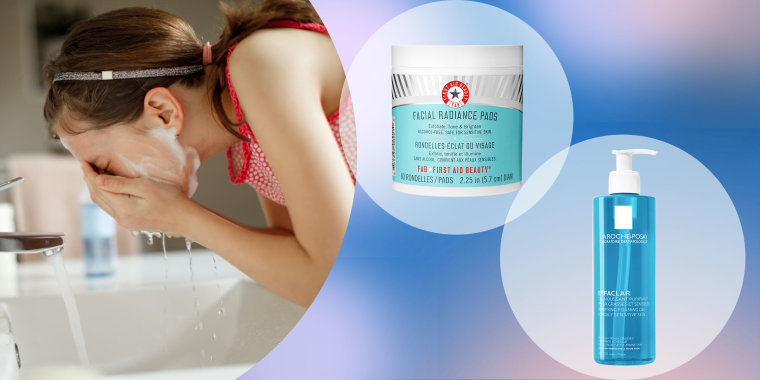Treatment with topical antibiotics is commonly used to treat moderate to severe cases of acne. In some cases, they may also be added to a regimen for mild acne. Tetracyclines are the most common oral antibiotics used for treating acne. Retinoids are related to vitamin A, and they improve the appearance of skin and clear up breakouts. Both retinoids and retinols are very effective at improving acne scarring and skin tone.
In addition to their effectiveness as topical agents, antibiotics can be used as an alternative for topical treatment. These antibiotics can be effective in treating a wide variety of types of acne and can be used alone or in combination with a topical treatment. While oral drugs are generally more effective for severe acne, they have a higher rate of side effects and may not be right for everyone. If you choose an oral medication, it is recommended that you consult your doctor first to ensure that the treatment you are considering will be safe for your skin type.
Among the most common medications for acne are antibiotics and topical medications. Oral antibiotics are generally recommended for those with sensitive skin and should not be taken during pregnancy. However, these drugs can have harmful side effects. They can make the skin more sensitive to sunlight and can interfere with oral contraception. If you are concerned about your health, you should seek advice from your doctor. They will prescribe a more effective medication and may even suggest some lifestyle changes that can reduce your acne and prevent it from coming back.
Topical treatments are a common form of treatment for acne. These medications come in the form of thin coatings that you apply on your skin to get rid of bacteria. These are available over the counter and with a prescription. They are effective at decreasing oil production and inflammation on the skin. They also prevent new blemishes from forming. They are very effective in treating acne and can be used to treat existing blemishes.
Typical treatments for acne are topical retinoid creams and adapalene, which act as antibiotics and anti-inflammatory agents on the skin. These drugs are available in both prescription and over-the-counter forms. Both retinoid drugs can help control acne, but they have numerous side effects. In addition, they can reduce the effectiveness of oral contraceptive pills. Fortunately, there are several other types of medications that can be used to treat acne.

There are several options for treating acne. Oral retinoids are a popular choice, as they reduce inflammation and make pores less hospitable for bacteria. They are not suitable for pregnant women, though, and should not be used by women who are already pregnant. For severe cases, it is recommended to use a combination of retinoids and benzoyl peroxide. These medications are very effective for a long time, but can also cause side effects, including skin sensitivity to sunlight.
Another treatment option for acne is oral medications like retinoids. These drugs are available as gels, creams, and lotions. The main advantage of retinoids is that they do not cause skin damage and can be used by women of any age. The only downside to these drugs is that they are generally not recommended for children. These products can be addictive. They should be avoided if you have other medical conditions. There are some side effects associated with the use of these products.
Those who use these drugs for a long time may want to consider other options. For example, topical erythromycin is a widely used antibiotic in the United States. It is known to have many side effects and should be used with caution. Although it is effective for mild to moderate acne, some people cannot tolerate it for a very long time. During this time, they should consult the site https://i-4.or.id/ and find the right acne medication.
Some acne medications have side effects. They can cause itching or redness of the skin. They can cause vomiting and diarrhea. Some people may have allergic reactions to these medicines, which can lead to hives and difficulty breathing. In these cases, you should seek medical attention. In more severe cases, oral antibiotics are not recommended. In addition to being ineffective, they can increase your risk of developing acne. In case of severe inflammation of the skin, you should consult a doctor.